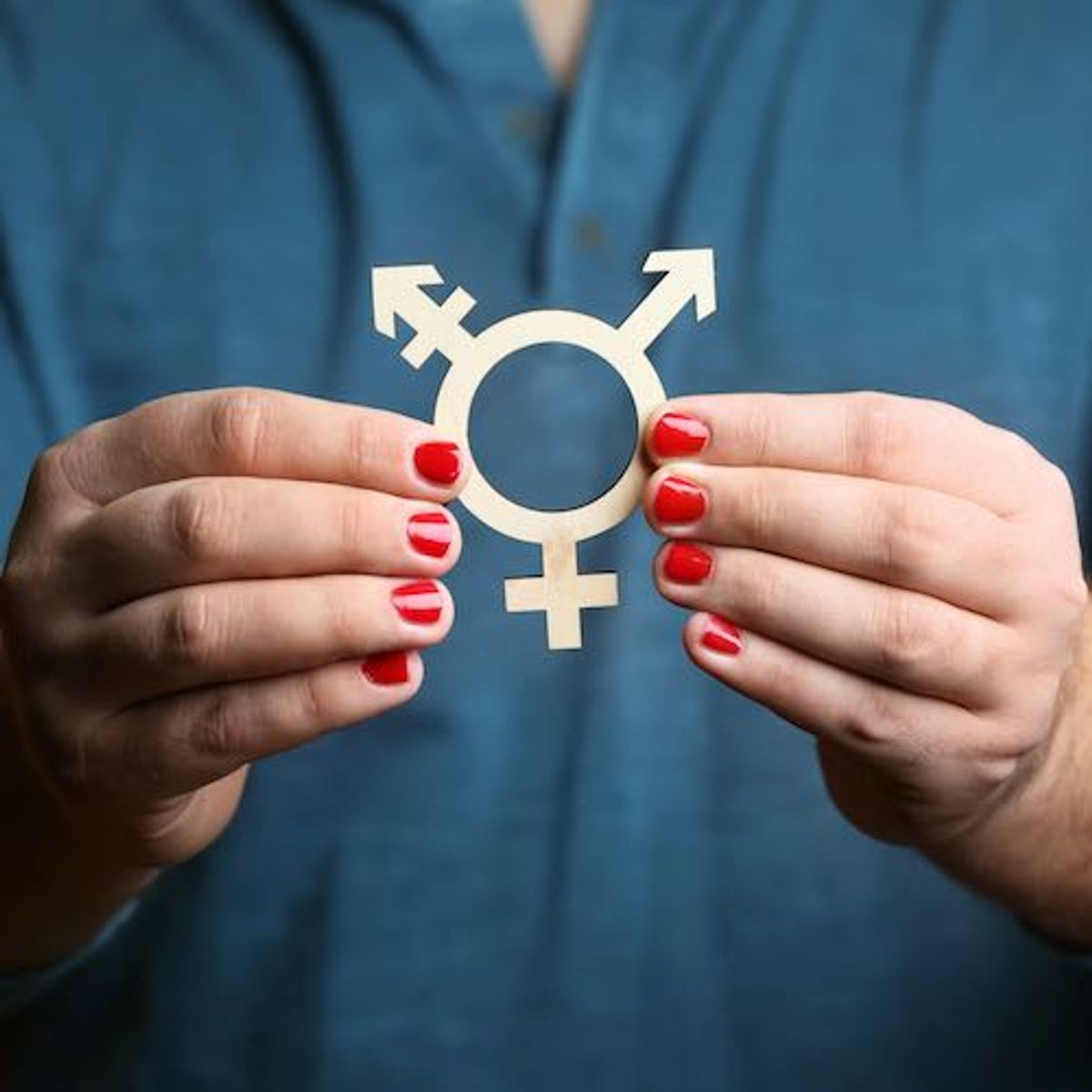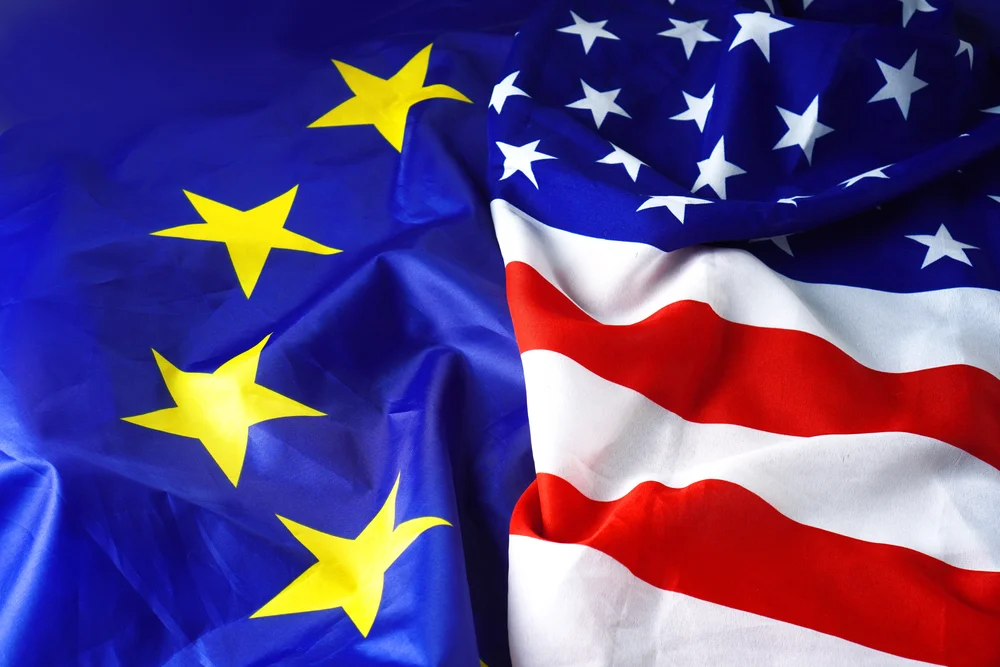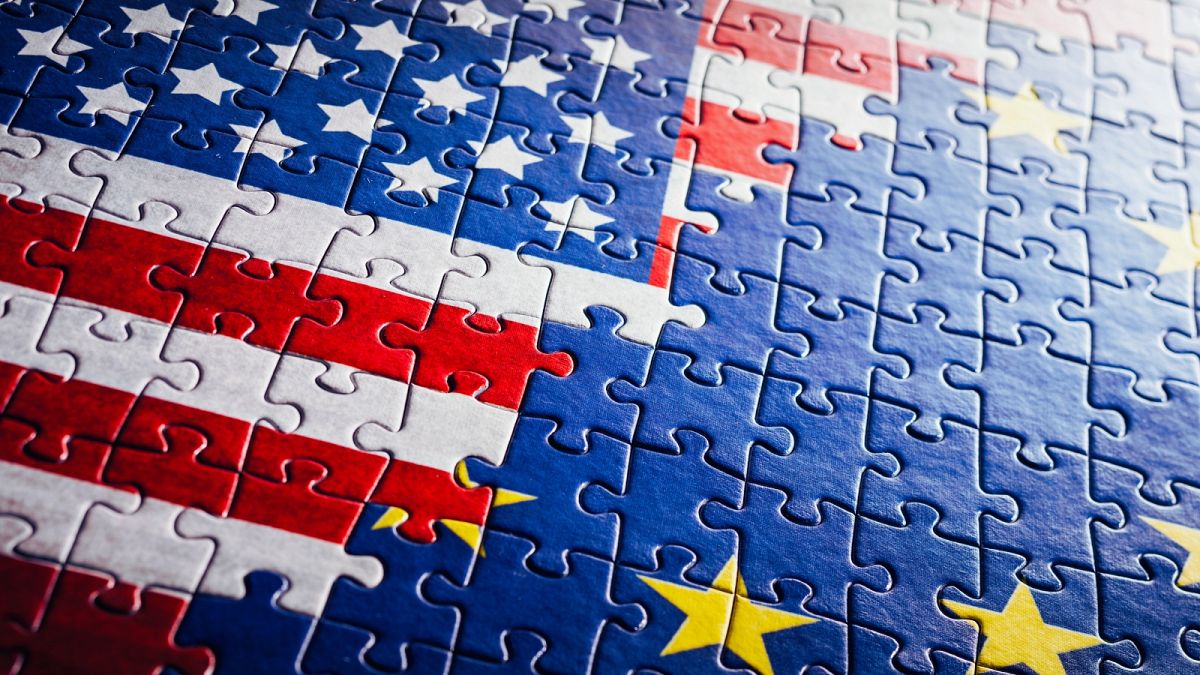Travel
Inclusive itineraries

It’s not easy being a trans or non-binary business traveller. Just one hurdle is regular additional questioning at airport security, where operatives must hit either a “male” or “female” template button for every passenger they scan, even if that passenger does not conform with the machine’s gender outline.
The challenges can be much more serious than mere inconvenience. “There are countries where being trans or ‘cross-dressing’ is illegal and therefore you might encounter physical violence, arrest or deportation,” says Carolyn Pearson, CEO of Maiden Voyage, a consultancy which advises on wellbeing and safety for diverse business travellers. Some of those countries are regular business travel destinations, such as Malaysia, the United Arab Emirates, Saudi Arabia and Nigeria.
While travel managers may sympathise, they may also believe that their chances of having to directly address this issue are extremely small. In more gender-fluid times, however, that is changing, says Emma Cusdin. A trans woman who was formerly people director for Standard & Poor Global, Cusdin is now director of Global Butterflies, an organisation dedicated to bringing better awareness to the business sector about the trans and non-binary community.
“Generation Z are six times more likely than any other generation to identify as trans or non-binary,” she says. “So if you are thinking about the future of your travellers from a business perspective, this issue is going to come up your agenda.”
Cusdin points to the example of Virgin Atlantic, which since 2022 has allowed employees to choose whichever uniform they want regardless of “gender, gender identity or gender expression,” as the airline puts it. “Virgin didn’t update this policy because it was a nice to have or they’re woke or it’s a fashionable thing to do,” says Cusdin. “They did it because they have more and more cabin crew identifying as trans or non-binary, and as a result they have received far more job applications than ever.
“I work with 160 organisations. They’re not doing it because they are nice either; they’re doing it because they are thinking about the future of their colleagues and customers, and how they change to attract people and keep them, and retain customers.
“This is all part of an industry taking on additional inclusion. Trans and non-binary travellers are the next wave for all parts of the travel industry to think about.”
You should never disempower the traveller from making their own decision. Instead, provide them with the relevant factual information
Travel managers should ready themselves to catch that wave, according to Pearson. “Mentally, get yourself ahead,” she says. “Prepare yourself for, one day, someone coming along and saying they are transitioning. That employee will appreciate your saying ‘Let’s grab a coffee, sit down and talk about your concerns: do you want to travel to this destination? What do you already know? What can we find out? And what can we do to put our arms around you to make you feel safe?’ Then you can talk to your travel risk management provider about what you can put in place to help them.”
Given that trans people face persecution simply for who they are in some jurisdictions, is it wiser for companies to avoid sending them abroad? “No, you should never disempower the traveller from making their own decision,” says Pearson. “What you should do is provide them with the relevant factual information.”
She continues: “For example, I have trans friends who will not go to Dubai [where a male ‘disguised’ as a female can be imprisoned for up to a year for entering female spaces], but I have others who will, and it’s actually got quite a vibrant underground LGBTQ scene. If an employee is going to a country where it’s good for their career or for the job that they do, then you as an employer are duty-bound to provide advice about the country and some training, and ideally some ally-ship training for colleagues.”
Documenting progress
The travel industry could also benefit from some training, and indeed Cusdin does consult with the aviation sector. But the situation is complex, both in terms of what trans and non-binary people want, and what is available to them. While many trans people would prefer to have a passport and air ticket indicating the gender to which they have transitioned, others, along with many non-binary people, would prefer non-binary documentation.
The International Civil Aviation Organsiation (ICAO), which sets the standards by which sovereign nations regulate air transport, has specifications that accommodate an “X” marker in travel documentation and technologies. In this case, however, the X does not denote a third gender but rather the absence of a male or female gender marker. “Therefore, ICAO specifications require the existence of a sex field, but do not require it to be filled,” said an ICAO spokesperson.
Where a state requires a person’s sex to be indicated on travel documentation, “this should reflect the sex indicated on the current identity documents the state has created for that person,” they added.
We know the back-end ticketing process right at its core doesn’t deal with non-binary. It was created so many years ago that it can’t deal with it, even though the number of countries with X on their passports will only increase
Effectively, therefore, airlines and intermediaries are only allowed to issue genderless, non-binary or third-sex tickets in the 16 countries offering such passports (see panel below). Virgin Atlantic adapted its ticketing system at the same time as making its uniforms non-gendered, but even if other airlines have done likewise, the travel distribution eco-system behind them may not.
“We know the back-end ticketing process right at its core doesn’t deal with non-binary. It was created so many years ago that it can’t deal with it, even though the number of countries with X on their passports will only increase,” says Cusdin. “It’s a huge challenge for the industry. It’s not the airlines.”
Countries where non-binary gender is legally recognised
Argentina, Australia, Bangladesh, Canada, Chile, Colombia, Denmark, Iceland, India, Malta, Mexico, Nepal, Netherlands, New Zealand, Pakistan, United States
(Source: Equaldex)
A statement from global distribution system provider Travelport requested by BTN Europe said: “In 2019, Travelport made the X booking code available for non-binary travellers. It is specifically available to travel agents who utilise Travelport’s application programming interface. Booking code U (undisclosed) will also be added later this year, as will both the U and X booking codes for agents using Travelport’s user interface.”
Fellow GDS provider Amadeus said: “Amadeus products have been adapted to support the use of Gender X. Further, Cytric by Amadeus has been updated to support Gender X. Employees who identify themselves with other gender categories, none, or that do not wish to reveal such information are able to set ‘unspecified’ or ‘undisclosed’ gender in their profile and will be able to see this clearly reflected when making a booking using our systems.”
BTN Europe requested but did not receive a comment from the third of the big three GDSs, Sabre.
Given that air travel remains largely binary, Cusdin recommends travellers ensure at a minimum that their name and gender are consistent on their documentation, and suggests travellers present themselves in the gender shown on their documentation if they wish to minimise hassle at airports.
Consistency, and nationality lottery, will also reduce the risk of deportation or detention at destinations hostile to trans people. “Some countries in the pursuit of income will allow you in where local trans and non-binary people would be criminalised,” she says.
“I have travelled extensively to Malaysia. If you are a local trans person, you are potentially imprisoned for years and could receive up to 30 lashes. But I have Western passport privilege. My sex on my British passport is female, my travel documents line up, my name on my passport is Emma, my presentation is the same.
“I’ve also had some horrible experiences at passport control in US states that aren’t friendly to trans people. You have to remain dignified, polite and clear and you have to know your rights.”
Above all, she says, even in more benign destinations where trans people can still expect additional scanning, searches and questioning, “You just have to bring your Zen with you and say: ‘Okay, this is a process. They’re doing their job. They’re keeping me safe’.”










